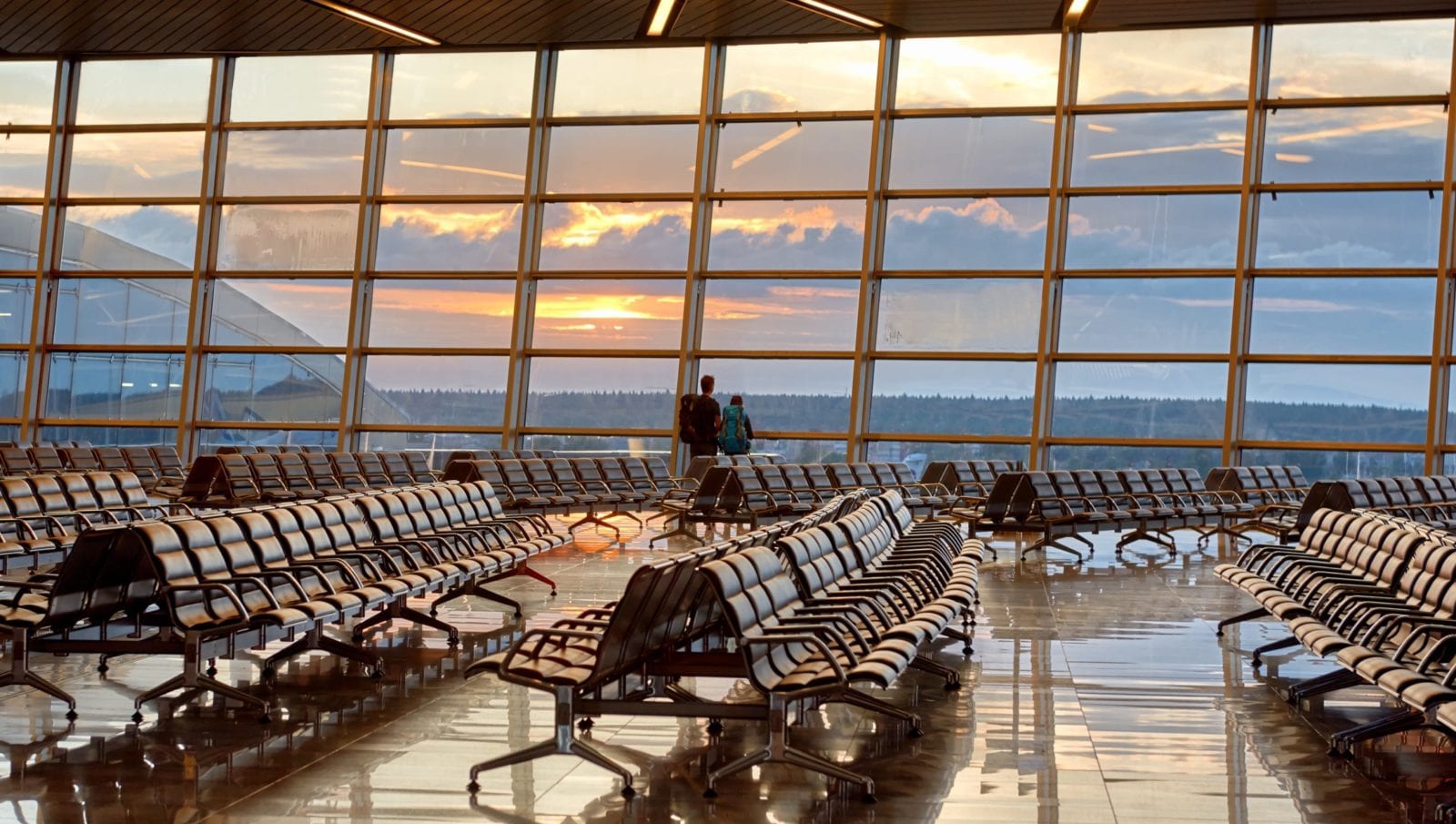Although I haven’t seen any statistics, I’m pretty sure that, by its end, 2020 will have scored by far the most numerous travel cancellations, ever—a record nobody will be in any hurry to beat. And that causes a lot of problems. A big proportion of consumer payments for travel require paying in advance: You pay for the service well before you actually receive it. So when you pay weeks or even months in advance for travel, a lot can happen to you, your home, your destination, or your travel suppliers between the time you buy and the scheduled travel dates that prevent your trip from happening. The current COVID-19 pandemic highlighted these problems to an unprecedented degree.
Pandemic Cancellations: Who, What, Why
After you’d paid for some or all of your flight fares, hotel stays, tour bookings, and car rentals:
- Some of you caught Covid and couldn’t travel.
- Lots more of you decided you didn’t want to risk traveling, even if you could.
- Many popular destinations in the U.S. and around the world established admission and quarantine rules that meant you couldn’t visit or couldn’t leave if you did.
- Plenty of of airlines, cruise lines, tour operators, and others cancelled all or most flights/trips/sailings due to local Covid-19 surges, quarantine lockdowns, and vanishing demand.
Thus, many—probably most—of you who bought travel components in advance would like your money refunded. Whether you get all of it, or even some of it, depends primarily on who cancelled first—you or the travel supplier. The rules for pandemic cancellations and refunds differ among the main sectors of the travel industry. Here’s what I know (or think I know) as of early December.
Airline Ticket Cancellations and Refunds
I’m assuming that almost all of you normally buy “nonrefundable” tickets, those that cost less but come with less cancel-for-any-reason flexibility. Nevertheless, if your airline cancels your flight before you do, it owes you a full dollar refund. That’s true for all tickets, even those at rock-bottom “use it or lose it” fare levels. Initially, several airlines refused to obey this regulation, but the Department of Transportation (DoT) has been arm-twisting enough that almost all airlines are now refunding.
If you cancel your flight first, you get only what your airline’s contract of carriage says you get. Normally, you can keep the dollar value of a cancelled ticket less a ticket-change fee, which is typically up to $200 on domestic tickets and much more on international tickets. Currently, however, virtually all airlines are waiving their ticket-change fees and allowing you to keep the full value to use toward a future ticket. These “no fee” policies vary in terms of how long they might apply and how long you have to buy a replacement ticket, so it’s important to read the fine print.
The DoT has been looking at establishing rules for cash refunds on even nonrefundable tickets under some circumstances, but so far nothing has happened. Anecdotally, some airlines have voluntarily refunded those tickets under dire circumstances, but they aren’t required to do so.
European rules generally take the same position as the U.S. rules. Canadian rules are a bit less strict, and if a Canadian line cancels your flight, you may not get a cash refund.
Hotels, Cruises, and Tours Cancellations and Refunds
In the U.S. and most other countries, airlines are the only travel providers subject to uniform governmental refund rules. With others, all you get is what your supplier offers. Currently, many hotel, cruise, and tour suppliers are offering no-fee rebooking at a future date, even if you initiate the cancellation. Some are promising rebooking of your original itinerary at the price you initially paid; others just give you the dollar value. I have not heard of any major hotel chains that offer dollar refunds for nonrefundable room rates, but I’m guessing that hotels actually shutting down may give dollar refunds.
In case a hotel or tour operator closes without refunding your advance payment, you can sue in your local small claims court. Obviously, however, that won’t help if the supplier has gone out of business and has no cash left.
Future Travel Booking: Smart Strategies
Currently, with the pandemic in full force, virtually all suppliers are offering “no fee” changes on new nonrefundable bookings. But most offers contain gotchas: The guarantees have a limited cut-off date, and you have only a limited time to rebook. You never get your money back; all you can do is reuse it, provided you reuse it within a specified time.
Clearly, for the foreseeable future, your best approach remains as it has been: Avoid as many nonrefundable payments as possible, even those with a “no change fee” promise. That’s easy with hotels, which you can book on a “pay when you get there” basis, usually at a reasonably low premium. Then, once the pandemic situation is clear, you can always check to see if a better nonrefundable deal is available.
Typically, you can’t do that with cruises and tours. My take, therefore, is to hold off booking until you’re at least 99% sure you can complete the trip. Once you know, you should still find lots of good deals.
More from FamilyVacationist:
- Kids Sail Free: Cruise Lines Letting Kids Sail Free in 2021
- 10 Best Hotel Booking Sites
- Post-Pandemic Travel Ideas: How About a Train Trip?












